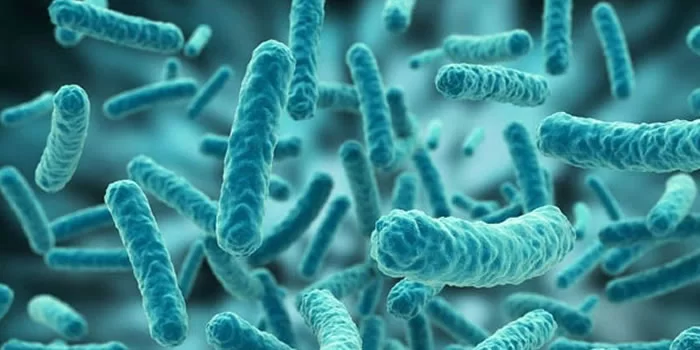
The size of the fungus is roughly the same as the coronavirus particle, and it is 1,000 times smaller than a human hair. However, the newly engineered nanoparticles developed by scientists at the University of South Australia are effective in treating drug-resistant fungi.
The new nanobiotechnology (called "micelles") created in collaboration with Monash University has extraordinary capabilities to fight one of the most invasive and drug-resistant fungal infections-Candida albicans. They both attract and repel liquids, making them particularly suitable for drug delivery.
Candida albicans is an opportunistic pathogenic yeast, which is extremely dangerous for people with compromised immune systems, especially those in the hospital environment. Candida albicans exists on many surfaces and is notorious for its resistance to antifungal drugs. It is the most common cause of fungal infections in the world and can cause serious infections that affect the blood, heart, brain, eyes, bones and other parts of the body.
Co-researcher Dr. Nicky Thomas said that the new micelles have made a breakthrough in the treatment of invasive fungal infections.
These micelles have a unique ability to dissolve and capture a series of important antifungal drugs, thereby significantly improving their performance and efficacy.
This is the first time that polymer micelles have been created with the inherent ability to prevent the formation of fungal biofilms.
Because our results have shown that the new micelles will eliminate up to 70% of infections, this may really change the rules of the game for treating fungal diseases.












